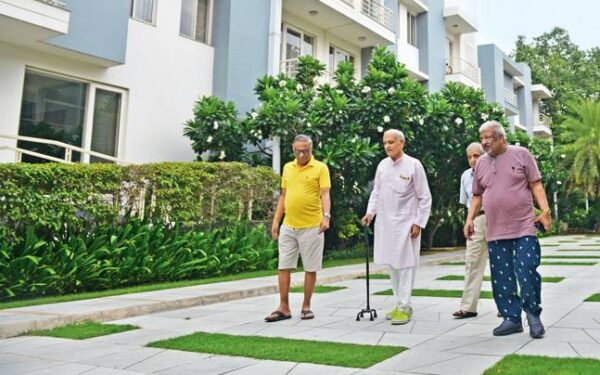
What improvements are needed in the upcoming White Paper? Most importantly, the case for a centralised and independent affordability assessment is overwhelming. The industry argues that any reform at all will drive people to the black market, but the Gambling Commission has already said that the industry overestimates the existence of the black market, and it is not an argument to hold back reform. “net increase of £68-£87 million in tax revenues”, “diverting expenditure by the public to other sectors which are more labour intensive than the gambling sector could create up to 30,000 new jobs, and employee earnings could increase by up to £400 million.”

Last year, Peers for Gambling Reform commissioned a report, which was carried out by NERA Economic Consulting and concluded thatĪny financial costs associated with proposed reforms. Despite warnings from the industry that 4,500 of the 9,000 betting shops would close as a result of reducing the stake to £2 a spin, 8,000 betting shops are still open today, and many are still clustered in some of our most deprived communities. The industry says that reforms will harm the economy and result in job losses, which is exactly the same argument it used ahead of the reduction in the stake on fixed odds betting terminals. The industry says that the problem is historical, yet just a few weeks ago 888 was fined to the tune of £9.4 million for multiple failings. The playbook that the industry uses is very similar to the one it used during the debate on fixed odds betting terminals. Nor can we see people turn to substance abuse or crime as a way out of their addiction. We cannot, in good conscience, stand by and see any more gambling-related suicides. We are fighting against people being seriously harmed, families being destroyed and lives being lost through gambling addiction and disorder. People having a bet on the Grand National, placing their Saturday accumulator, or enjoying a night at bingo or in the casino, are not-I repeat not-the focus of our reforms. As a Welsh woman, I do not consider that an insult. It has resorted to playground name-calling, labelling those who are seeking improvements and reform as prohibitionists and, in my case, a Methodist. Rather than enter into a proper dialogue with those who are looking to reform and improve our gambling laws, the industry has come forward with very little in the way of remedies. The University of Liverpool found that for online gambling that is even higher, with 86% of profits coming from that small cohort. The House of Lords Select Committee on the Gambling Industry found that 60% of gambling industry profits come from the 5% experiencing gambling harm. The majority of online gambling revenue is derived from those classed either as problem gamblers or as at risk.

Online gambling in particular must be addressed. The same report estimated that the cost of gambling-related harm is £1.27 billion annually. A Public Health England report found that 0.5% of people are problem gamblers, 3.8% are at risk and 7% are negatively affected by others’ gambling. According to the Gambling Commission, there are 55,000 problem gamblers aged 11 to 16.

Last week, GambleAware, a charity linked to the industry, reported that an estimated 1.4 million people suffer harms related to gambling, and that gambling has returned to pre-pandemic levels. The reforms that we propose would fix that broken state of affairs. For years, colleagues across the House and I have faced an onslaught of opposition from the gambling industry, for which the status quo is the perfect mix of outdated legislation, weak sanctions and limited scope. He knows that the longer we wait to bring outdated and ineffective gambling laws into the digital age, the more people will fall victim to insidious online gambling products. After two and half years of debates, reports and evidence sessions and, sadly, years of harm, addiction and ultimately loss of life, I was pleased to hear the Minister last week confirm that the publication of the long-awaited White Paper is not just imminent, but “very, very imminent”. I am delighted to have secured this debate to talk about the urgent need for reform of the gambling laws. It is a pleasure to serve under your chairmanship, Ms Rees. That this House has considered gambling-related harm.


 0 kommentar(er)
0 kommentar(er)
